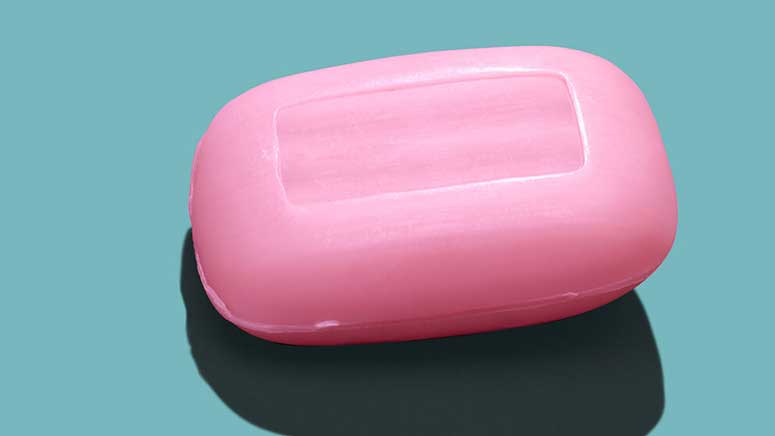If you have ever felt the urge to take a bite from a bar of soap, it is important to know that it is not a rare condition.
Pica is referred to as a mental health condition that increases the desire or urge to consume things that have no nutritional benefits. In some cases, the urge to eat things such as sand, clay, flakes of paints and ice are always present.
Another popular substance that people with pics want to consume is a bar of soap. The strange compulsion to consume soap is commonly referred to as, sapophagia (sapo, Latin for soap).
The popular types of body soap, shampoo and conditioner are not harmful (even if they should not be eaten). However, taking a bite or two might lead to vomiting or indigestion and some other symptoms.
If you eat soap frequently, then you become susceptible to several health conditions.
Side Effects of Eating Soap

There are dangerous side effects associated with consuming soap. The presence of small amounts in the body might not cause permanent damage. However, it greatly depends on the kind of soap that is consumed and the quantity.
The side effects of eating soap are;
- Consuming soap can lead to nausea, vomiting, and diarrhea. Studies have shown that virtually every soap possesses a very basic PH. Therefore, eating soap can cause irritation in the walls of the digestive tract and disrupt digestion.
- It is important to know that commercially available soaps mostly contain acids (such as lauric acid [1] or stearic acid) and other ingredients from plants (such as essential oils and fragrances). These ingredients might be natural, but they should not be eaten.
- The body doesn’t have the ability to digest soaps, so it can lead to diarrhea and in some cases, blood is seen in the stool.
- Eating soap can cause inflammation in other parts of your body.
- Eating soap can lead to swelling of the throat, tongue and other areas of the body. This is usually a tentative reaction to unfriendly ingredients in the soap. Swelling of the throat [3] or tongue can have negative effects on breathing or swallowing, making it uncomfortable to both.
- Eating soap can affect the functions of the liver. [4] The liver acts as a filter, to remove toxic substances from the bloodstream. Consuming large amounts of soap can increase the stress on the liver, making it difficult to remove indigestible substances from the body.
- Eating soap can elevate the chances of having cancer. Soap generally contains certain harmless ingredients, but behave as carcinogens when eaten frequently.
Studies show that Cocamide DEA (a chemically modified form of coconut oil) can be seen in over 98 shampoo and soap products. [5]













